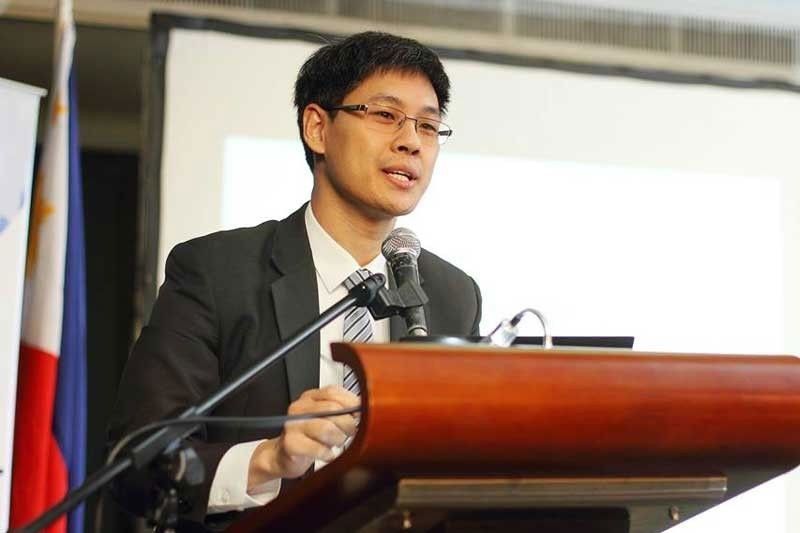Tax reform should still be a priority after crisis — Chua

MANILA, Philippines — Reforms in the country’s tax system should continue even as the economy attempts to recover from the economic fallout of the pandemic, acting Socioeconomic Planning Secretary Karl Chua said Tuesday.
While modifications to pending tax reform bills should be introduced to sectors severely affected by the pandemic, pending tax reform bills should also move in the legislative mill, he said.
Chua was responding to the proposal of the Philippine Chamber of Commerce and Industry (PCCI) to defer the passage into law of the Corporate Income Tax and Incentives Rationalization Act (CITIRA) — which will reduce the corporate income tax, but rationalize the tax incentives given by the government to businesses — so the country can attract companies fleeing China as the impact of the COVID-19 pandemic on the global economy deepens.
This plea for a postponement of the passage of the CITIRA is a reversal of the PCCI’s position in March supporting the immediate passage of the law to end the climate of uncertainly and level the playing field for businesses.
This is the second package of the administration’s Comprehensive Tax Reform Program, the first being the Tax Reform for Acceleration and Inclusion (TRAIN) which President Duterte signed into law in 2017. This lowered personal income taxes, but increased taxes on cars, tobacco, sugar-sweetened beverages and fuel.
Other pending tax bills are Package 3 which deals with property valuation and Package 4 which will rationalize income from financial instruments.
In pushing for a continuous tax reform, Chua argued that it will be necessary to revamp the county’s tax system to raise more funds for social programs that will continue to be needed as the country recovers from the pandemic.
With increased borrowings related to the pandemic response, the present administration should also ensure that debts can be serviced in the future.
- Latest
- Trending































